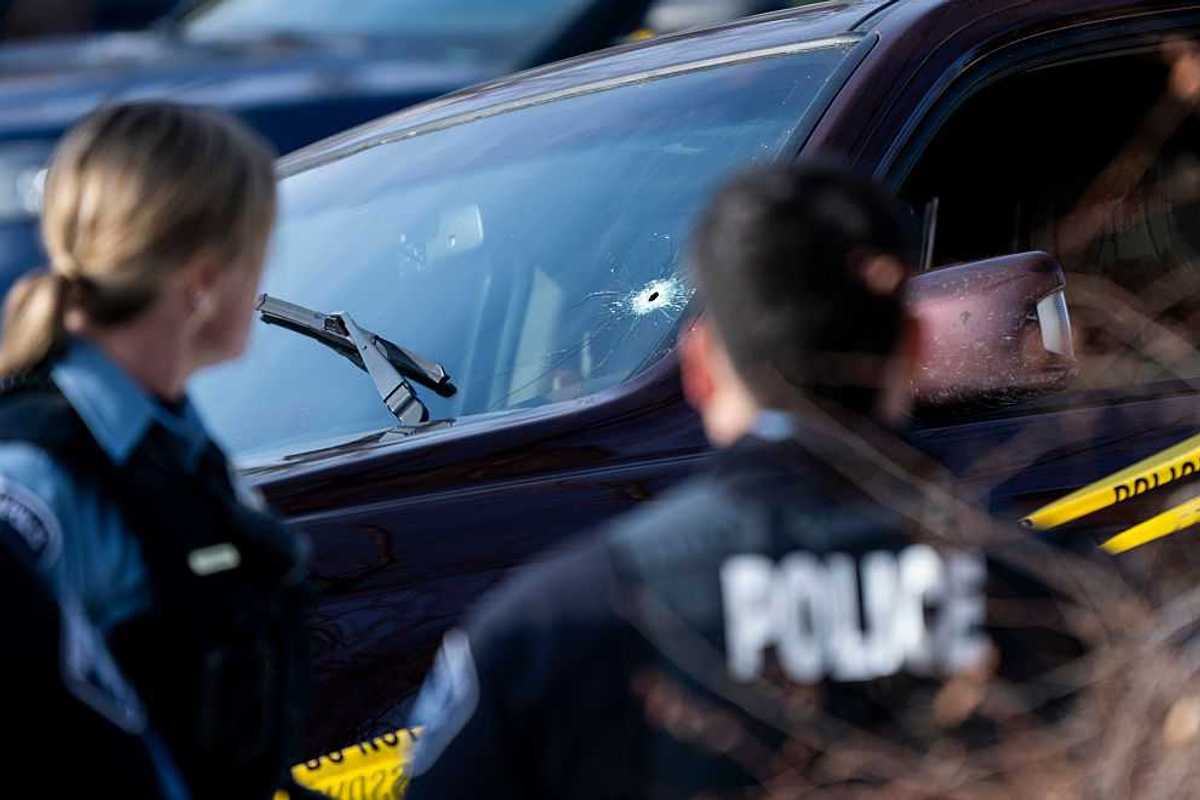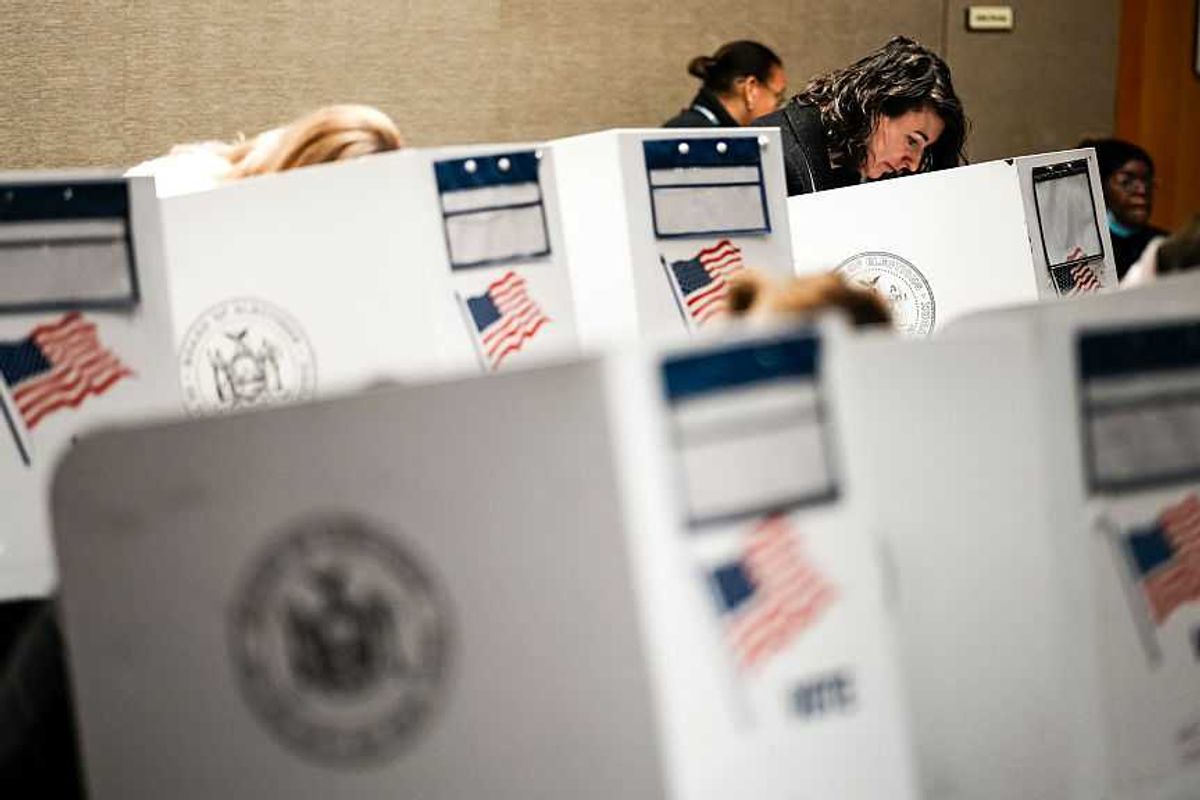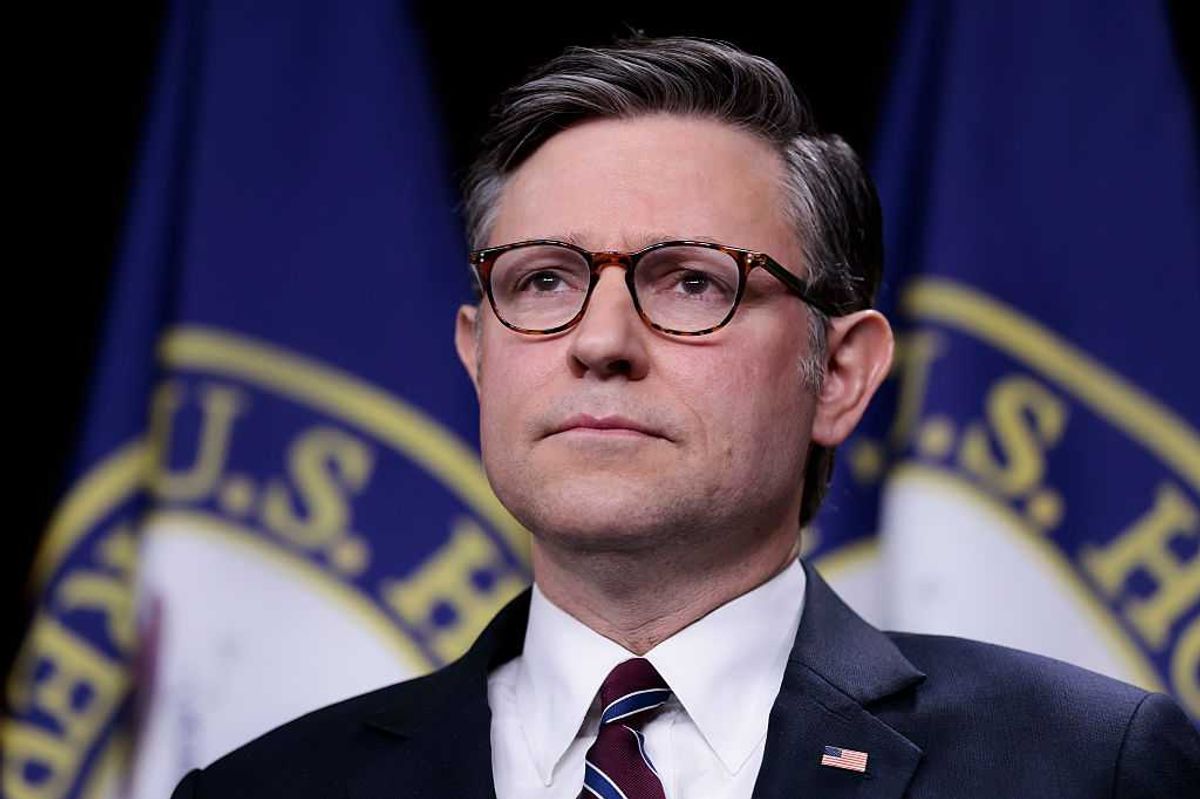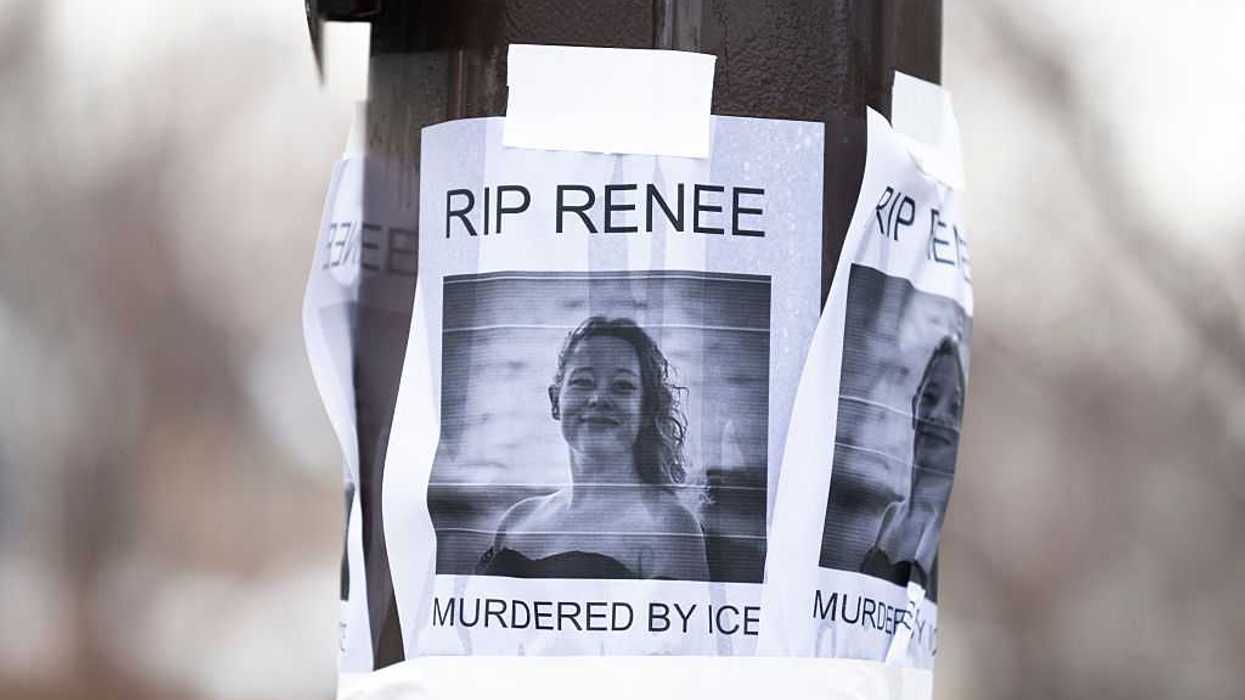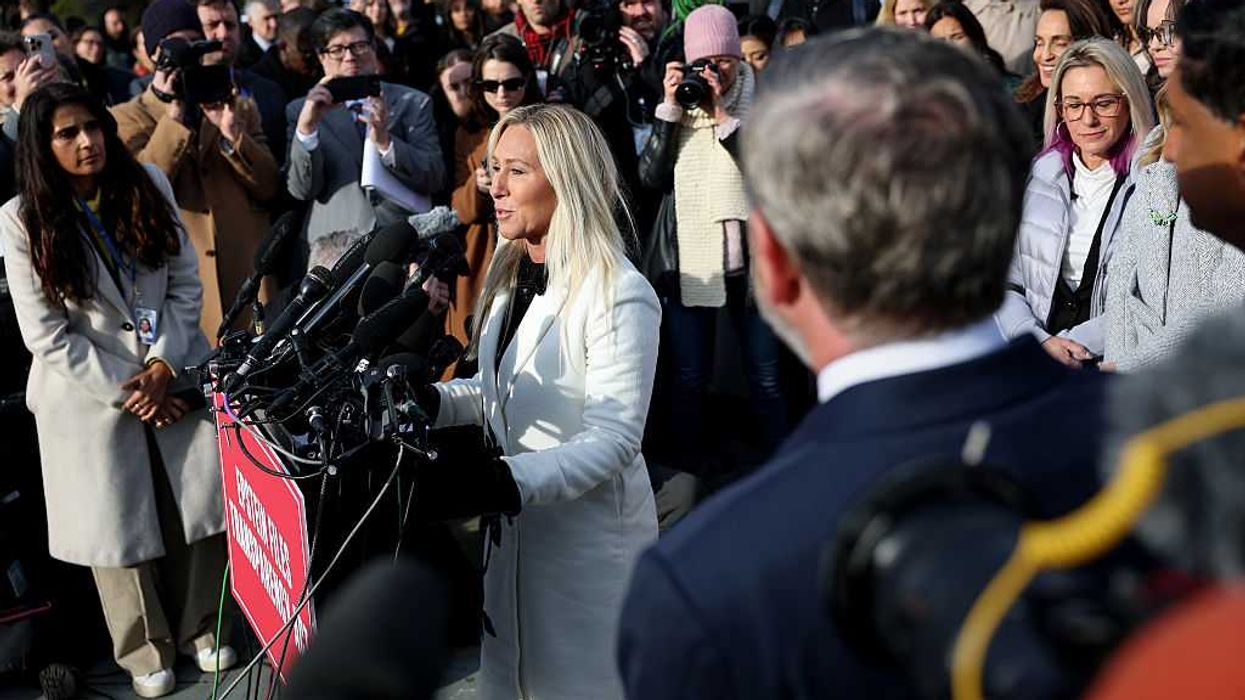A Republican official in Michigan has filed a lawsuit alleging 17 counties across the battleground state are violating federal law by not removing ineligible people from the voter rolls.
The suit is similar to claims filed in several states by the conservative Public Interest Legal Foundation, which maintain that voter manifests in plenty of closely contested areas are clogged with the names of far too many who have died, moved away, gone to prison or are no longer eligible for other reasons to cast ballots.
These lawsuits are at the heart of a mostly partisan debate pitting Republicans, who see maintenance of these government records as essential to preventing election fraud, against Democrats, who deride such efforts as purges of eligible voters in the pursuit of Election Say advantage.
Tony Daunt, the executive director of the conservative Michigan Freedom Fund as well as a board member of the Clinton County GOP near Lansing, filed the federal lawsuit Tuesday against Jocelyn Benson, Michigan's Democratic secretary of state, and Johnathan Brater, director of the Bureau of Elections.
His complaint targets the "abnormally high" registration levels in one out of every five counties in the state — including three in the densely populated suburbs of Detroit: Washtenaw, Livingston and Oakland, the second most populous county in the state.
The lawsuit says the number of people on the voting rolls in Leelanau County (Traverse City) is more than the estimated adult population. For all the other counties, it says, the number of names on the rosters exceed 90 percent of the estimated voting age population.
The suit states that the average around the country is for 67 percent of the voting age population to be registered.
Daunt argues that this is proof that the counties are not following state and federal laws requiring that election officials have a plan for removing the names of people who are no longer eligible and to follow that plan.
The suit argues that not removing ineligible voters from the rolls creates fear that some of these people will vote illegally and generally undermines confidence in the integrity of elections.
Benson's office said the statistics cited were deeply flawed, that the state's motor voter system is highly accurate and that the suit makes "no attempt to distinguish between active and inactive registration, and asserts the false notion that voter registration rates should be low."
The Public Interest Legal Foundation filed a similar suit against Detroit election officials last December. A trial has been set for a year from now — meaning the matter will not be settled until long after the presidential election, where Michigan's 16 electoral votes will be central to the outcome. President Trump carried the state four years ago by 11,000 votes, a margin of less than two-tenths of 1 percent. The Democratic nominee had won in the state the previous seven times.
Lawsuits filed by the group in Indiana and Ohio have led to successful settlements requiring regular maintenance of voter rolls.
Incidents of in-person voter fraud nationwide remain extremely rare, and Trump's now-disbanded voting integrity commission failed to uncover any significant evidence of misconduct.


